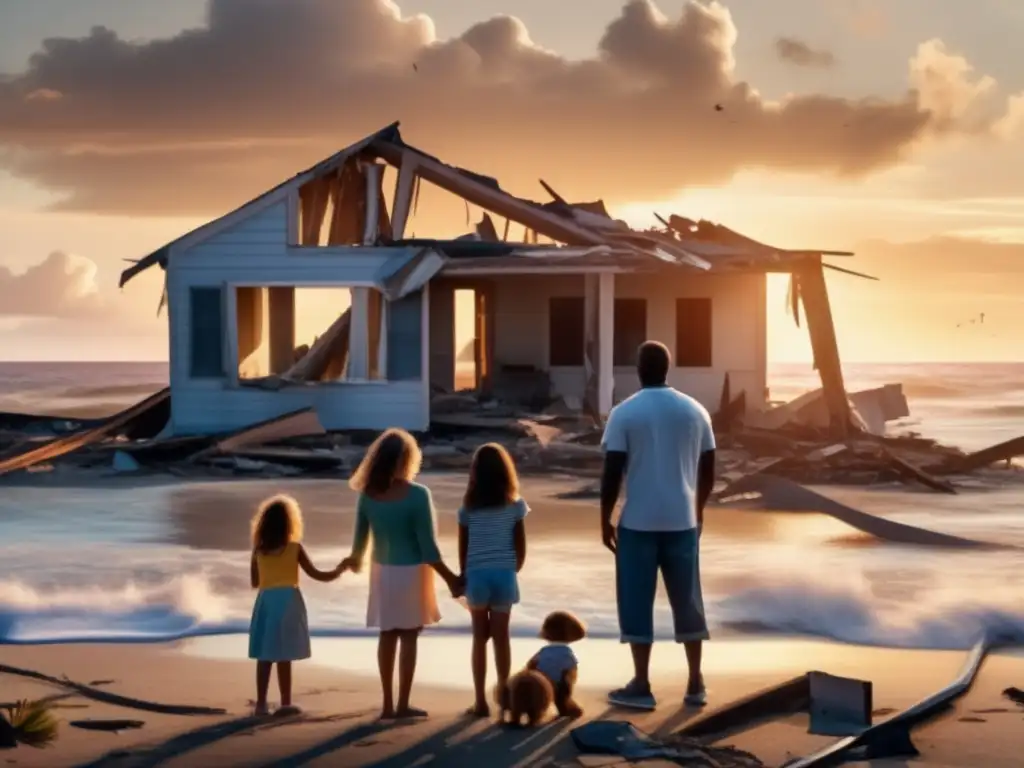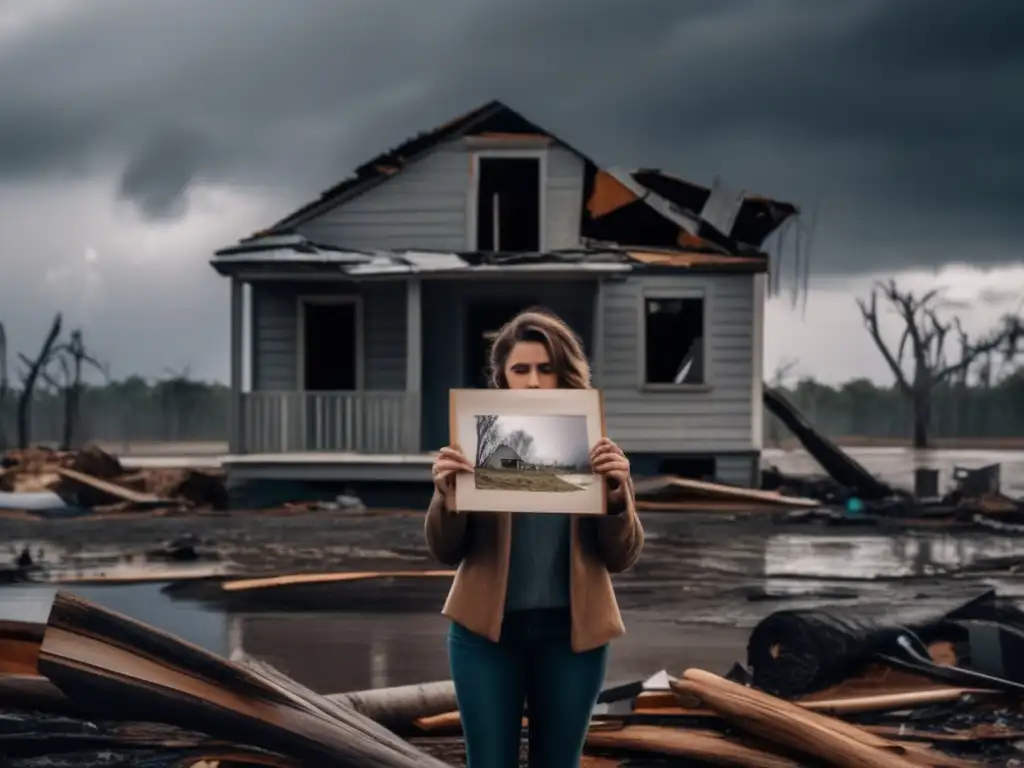When You Can't Go Back: Relocating After A Hurricane

When You Can't Go Back: Relocating After a Hurricane
Introduction
When a hurricane hits, it can be devastating for those living in its path. Even after the storm has passed and the cleanup begins, some may find that they cannot go back to their homes due to the damage inflicted by the hurricane. This article will discuss what to do when faced with the decision to relocate after a hurricane.
Assessing the Damage

Understanding Insurance Coverage
Before making any decisions about relocating, it is important to understand what your insurance policy covers. Contact your insurance company and read through your policy to determine if you have coverage for hurricane-related damage. Some policies may not cover certain types of damage, such as flooding, so it is important to know what is covered before scheduling repairs or making the decision to relocate.
Hiring a Professional
If you are unsure whether your home is safe to inhabit, you can hire a professional to assess the damage. An inspector or contractor can tell you what repairs need to be made and give you an estimate of how much these repairs will cost. This information can help you make an informed decision about whether you should relocate or attempt to rebuild.
Considering Your Options

Staying with Family or Friends
If you are unable to stay in your home due to hurricane damage, staying with family or friends may be an option. This can be a temporary solution while you wait for repairs to be made or until you find a new place to live. While staying with loved ones can alleviate some stress, it is important to communicate with them and establish boundaries to prevent any potential conflicts.
Temporary Housing
Temporary housing, such as a hotel or rental unit, may be necessary if you cannot stay with family or friends. Some insurance policies may cover the cost of temporary housing, so be sure to check your policy. If you cannot afford temporary housing, there may be resources available through non-profit organizations or government assistance programs.
Permanent Relocation
If your home is severely damaged or destroyed, permanent relocation may be necessary. This can be a difficult decision to make, but it is important to prioritize your safety and well-being. Consider factors such as access to healthcare, job opportunities, and community support when choosing a new location.
Preparing for Relocation

Retrieving Essential Items
Before leaving your home, it is important to retrieve essential items such as identification, medication, and important documents. Keep these items in a safe place during the relocation process to avoid losing them.
Packing and Transporting Belongings
If you are permanently relocating, you will need to pack and transport your belongings. This can be a time-consuming and stressful process, so it may be helpful to hire a moving company or enlist the help of friends and family. Make a list of items you will need in the short-term and pack them separately for easy access.
Cancelling Utilities and Services
Be sure to cancel utilities and services at your old residence, such as electricity, gas, and internet. This can prevent you from being charged for services you are not using and can help ensure a smooth transition when relocating.
FAQs

-
Will insurance cover the cost of my relocation?
It depends on your policy. Some policies may cover the cost of temporary housing or relocation expenses. Contact your insurance company to determine what is covered.
-
What resources are available for temporary housing?
Non-profit organizations and government assistance programs may offer resources for temporary housing. Contact your local government or non-profit organizations for more information.
-
What should I do if I cannot afford to relocate?
Contact your local government or non-profit organizations for assistance. There may be programs available to help you relocate or repair your home.
-
How do I cancel utilities and services at my old residence?
Contact your utility companies and service providers to cancel your account. Be sure to provide them with your new contact information so there are no interruptions in service.
-
What should I do if I am unable to retrieve essential items from my home?
Contact a professional, such as an inspector or contractor, to retrieve essential items safely.
Conclusion
If you cannot go back to your home after a hurricane, it can be a difficult decision to make. However, prioritizing your safety and well-being is crucial. Consider all of your options and resources available to you before making a decision. Always consult with professionals and your insurance company to ensure you are making an informed decision. Remember, you are not alone and there are resources available to help you during this difficult time.
Additional Resources

- Disaster Assistance
- Emergency Preparedness and Response
- Temporary Housing Options for Disaster Survivors
- FEMA Disaster Assistance
 Rebuilding Stronger: Creating A More Resilient Home After A Hurricane
Rebuilding Stronger: Creating A More Resilient Home After A Hurricane Communicating With Loved Ones After A Hurricane
Communicating With Loved Ones After A Hurricane Harnessing Community Support: Working Together For Recovery
Harnessing Community Support: Working Together For RecoveryIf you want to discover more articles similar to When You Can't Go Back: Relocating After A Hurricane, you can visit the Hurricane recovery: category.
Leave a Reply

Articulos relacionados: